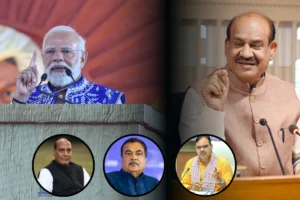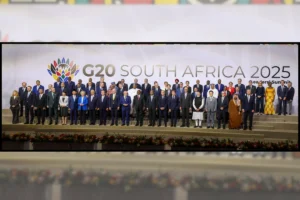
The Delhi High Court recently entertained a petition calling for urgent action against Prime Minister Narendra Modi and other political figures for allegedly delivering communally divisive speeches in violation of the Model Code of Conduct during the Lok Sabha elections.
Shaheen Abdullah, Amitabh Pandey, and Deb Mukherjee, the petitioners, specifically referenced Prime Minister Modi’s address in Banswara, Rajasthan on April 21 as grounds for their plea.
During the hearing, Justice Sachin Dutta emphasized the autonomy of the Election Commission of India, stating that the court cannot interfere with its functions. He questioned who has the authority to determine whether the code of conduct has been breached.
Advocate Nizam Pasha, representing the petitioners, argued that the Election Commission’s response should be consistent regardless of the individual responsible for spreading hatred.
Also read: Arvind Kejriwal Comes Out From Tihar Jail, Says, ‘I Said I Would Return Soon’
Advocate Suruchi Suri, representing the Election Commission, assured that the Commission had issued a notice regarding the complaint and would act according to the law. The hearing was adjourned to May 13 for the petitioners to provide supporting evidence.
The petition calls for directing the Election Commission to promptly take legal action, including filing FIRs against candidates who engage in hate speech. It criticizes the Commission’s perceived inaction despite numerous complaints, deeming it arbitrary and violative of constitutional duties.
The petitioners assert that such negligence undermines the fundamental principles of democracy and communal harmony enshrined in the Constitution. They argue that the Election Commission’s failure to act not only violates constitutional articles but also compromises the integrity of free and fair elections.
Furthermore, they highlight the widespread circulation of these speeches on social media platforms, indicating the urgency of addressing such violations.
To read more such news, download Bharat Express news apps























